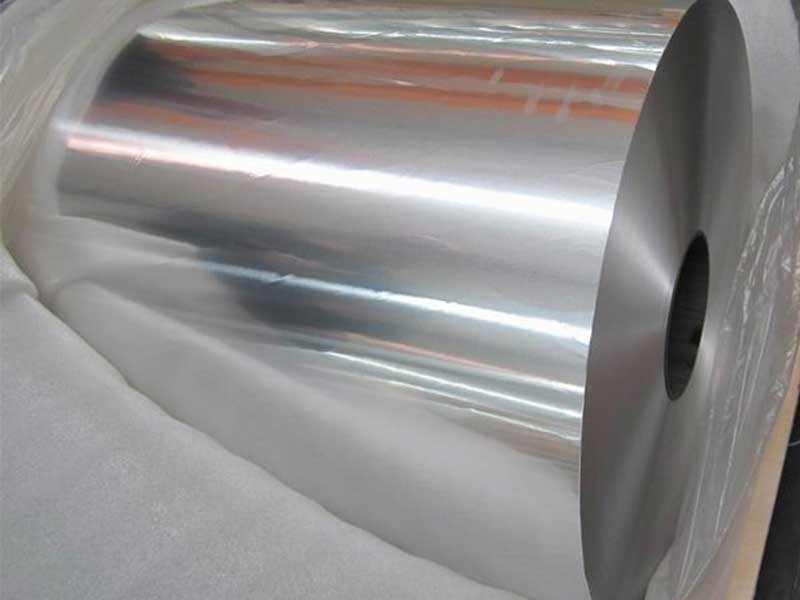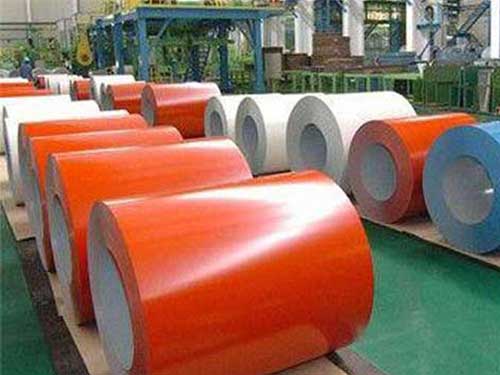Aluminium Coil A1050 1100
Aluminium, a metal that often goes unnoticed yet is fundamental to our daily lives, plays a vital role across all industries. In particular, the Aluminium coil 1050 and 1100 grades are titans in the world of materials, elevating applications to heights of reliability and versatility that are essential.
Before diving deeper, it's essential to establish what the alloys 1050 and 1100 are. Both belong to the 1000 series of aluminium alloys, which are known for their outstanding corrosion resistance, excellent thermal and electrical conductivity, and inherent malleability. A1050 features a minimum aluminium content of 99.50%, while A1100 has at least 99% aluminium. While they appear similar, their subtle distinctions enable pivotal differences in employee choice when designing end-use products.
Chemical Composition & Properties
| Alloy | Cu (%) | Fe (%) | Si (%) | Mg (%) | Zn (%) | Cr (%) | Other Impurities up to (%) | Aluminium (%) |
|---|---|---|---|---|---|---|---|---|
| A1050 | 0.05 | 0.40 | 0.25 | 0.0 | 0.0 | 0.0 | 0.03 | 99.50 minimum |
| A1100 | 0.10 | 0.40 | 0.25 | 0.0 | 0.0 | 0.05 | 0.03 | 99.00 minimum |
These chemical compositions confer distinct properties on each alloy: while A1050 shines in areas of formability due to its nearly pure composition, A1100 offers improved strength compared to A1050 thanks to the addition of a small percentage of copper, which grants it a mild increase in mechanical strength.
Tempering & Mechanical Properties
Mechanical properties are crucial for determining the utility of these alloys in applications. Both alloys possess excellent workability but exhibit variations in their strength characteristics resulting from the tempering process.
Common tempers include:
H14:
Characteristics: Work-hardened and partially annealed; improved strength while maintaining good formability.
Typical Use: General fabrication, where aesthetics and form are essential.
H16:
Characteristics: A harder, more tempered version that retains corrosion resistance.
Typical Use: Applications requiring additional strength, such as bulk containers or storage systems.
As we evaluate their mechanical properties, consider that A1050 yields tensile strengths around 70 MPa while A1100 has an enhanced yield strength of approximately 110 MPa after tempering. This means that while choosing the proper alloy for a mechanical application, the selection cannot be just based on compositions alone but also on the required strength and other properties that meet the intended use.
Standards and Implementation
Both A1050 and A1100 follow certain international standards, ensuring their suitability for various industries. The reputable standards include:
- ASTM B209: Specification for Aluminium and Aluminium-Alloy Flat Sheet, Coiled Sheet, and Plate.
- ISO 6361: Wrought Aluminium and Aluminium Alloy Strip and Sheet — Use which specifies tolerances, mechanical properties, and finishing techniques ensuring industry compliance.
Patently, these implementations lend reassurance to industries dealing extensively with aluminium products- construction, refrigeration, and the food market, to name a few ravenous participants relying on efficiency, quality, and sustainability.
Applications That Matter
Imagining life without A1050 and A1100 is near impossible. These aluminium coils economically underpin facets of modernism. Below are some striking examples of their uses:
Food and Chemical Handling: In food service equipment, particularly for cooking and food shipping methods, A1100 has laudable performance associated with absorbed thermal properties and prevents contamination.
Electrical Applications: With their admirable conductivity, they serve as essential underlining structures across power generation systems and cables.
Architectural Elements: Lively and enduring, they adorn building façades and other designs that entrust static beauty with functionality.




